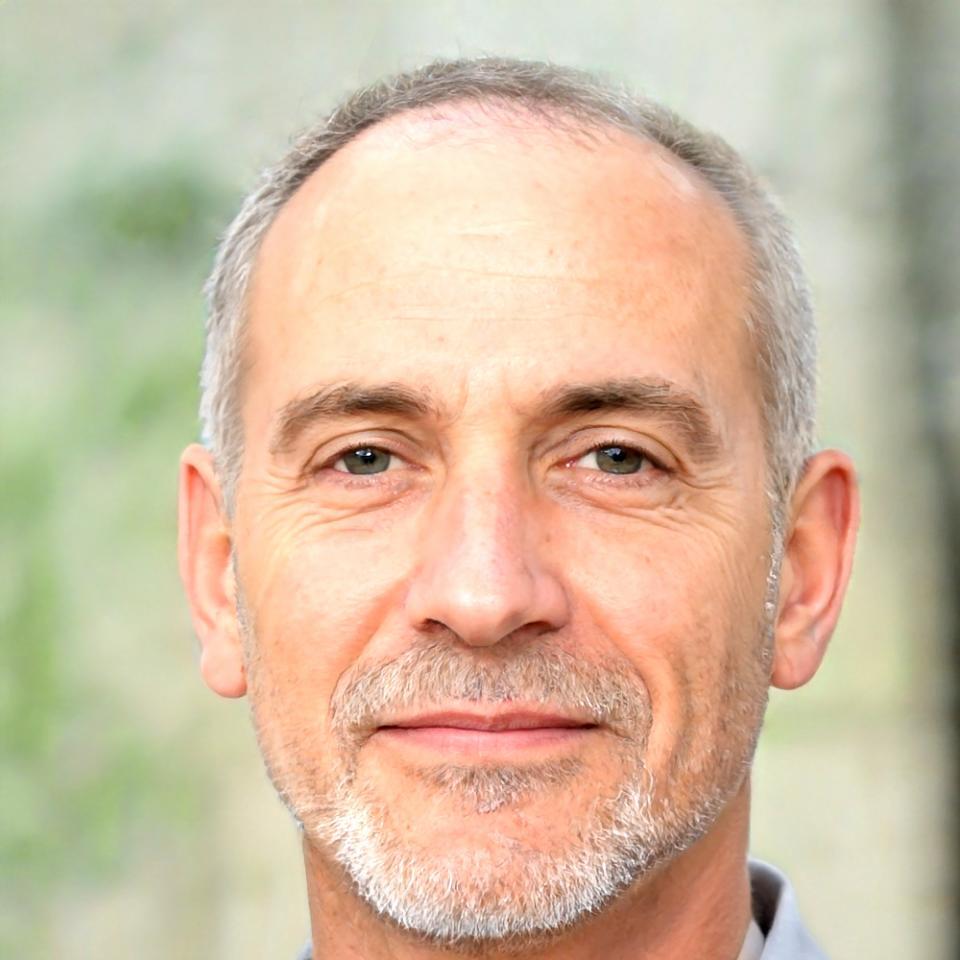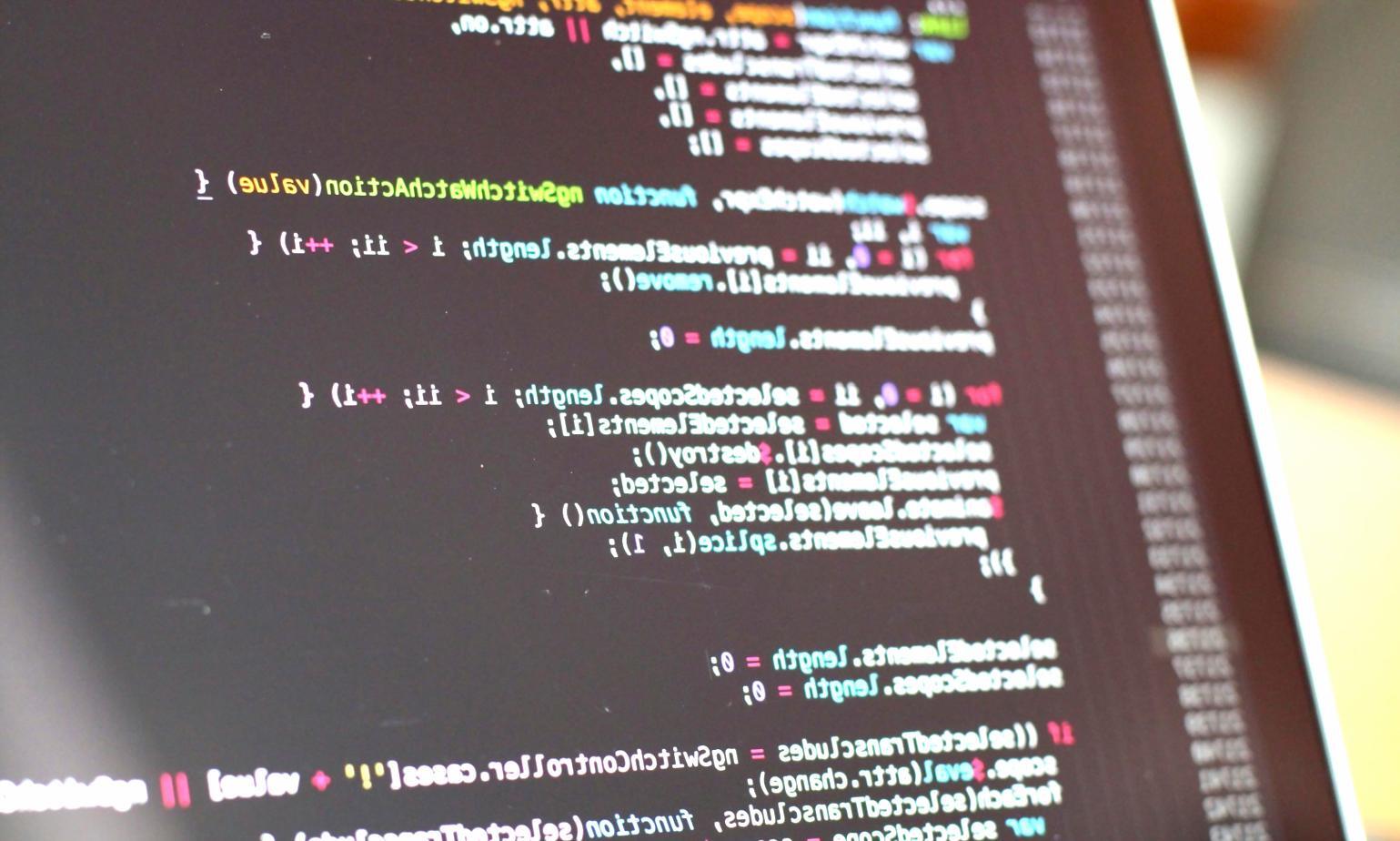Building Games Together Works Better
We've been running our programs since 2021, and honestly? The students who thrive most are the ones who connect with industry professionals early. That's why we built partnerships with studios across Georgia and beyond. You get real project experience, not just classroom exercises.

Why Studio Partnerships Matter
Look, you can learn game development from tutorials. But understanding how a real studio operates? That comes from being inside one. Our partner studios in Tbilisi and Batumi take on students for mentorship projects starting in autumn 2025.
These aren't internships where you fetch coffee. Studios bring you into actual development cycles. You'll work on live projects, attend production meetings, and see how professionals handle tight deadlines.
Three of our 2024 graduates now work full-time at studios they first connected with through our program. That's not a guarantee, but it shows what happens when you build real relationships.
Meet Someone From Our Network
This is Luka Kapanadze. He runs a small indie studio in Tbilisi that specializes in puzzle games for iOS and Android. He's been mentoring our students since 2023 because, in his words, he wishes someone had shown him the ropes when he was starting out.

Luka Kapanadze
Studio Founder & MentorI work with 4-5 students each cycle. We focus on Unity optimization for mobile devices and getting your game through app store review without losing your mind. Most developers figure this stuff out the hard way. I'd rather just tell you what works.
How Partnership Projects Actually Work
You Choose Your Focus Area
Around month three of your program, we introduce you to partner studios. Each one has different specialties. Maybe you're into multiplayer architecture, or maybe you want to focus on monetization strategies. Pick what interests you, not what sounds impressive.
Initial Project Briefing
The studio gives you a real problem they're facing. Could be performance optimization for older Android devices. Could be redesigning their onboarding flow. You'll get context about their user base, technical constraints, and business goals.
Weekly Development Cycles
You work on your solution throughout the week. Every Friday, you present progress to your mentor. They review your code, challenge your decisions, and help you think through problems. It's basically how professional development works, but with training wheels.
Implementation and Feedback
By the end, you deliver a working solution. Sometimes studios actually use what you build. Sometimes they don't. Either way, you get detailed feedback on your approach, and you walk away with a portfolio piece that shows real problem-solving skills.

What Students Actually Get From This
The technical skills matter, sure. But what really changes is how you think about game development as a business. You see budget conversations. You understand why studios make certain trade-offs. You learn which features players actually care about versus what developers think is cool.
Real Portfolio Work
When you're applying for jobs in 2026, you won't just have school projects. You'll have code that solved actual studio problems. That's what gets you interviews.
Our next partnership cycle starts in September 2025. We're keeping cohorts small because studios can only mentor so many people effectively. If you want in, applications open in May.
Ask About Partnership Programs